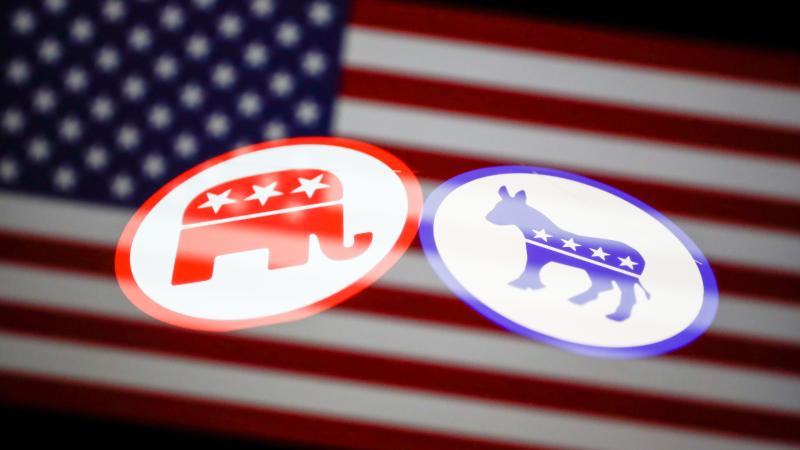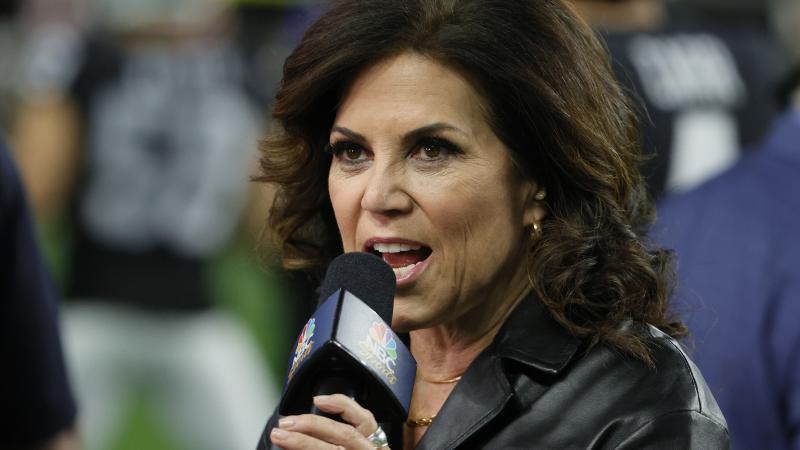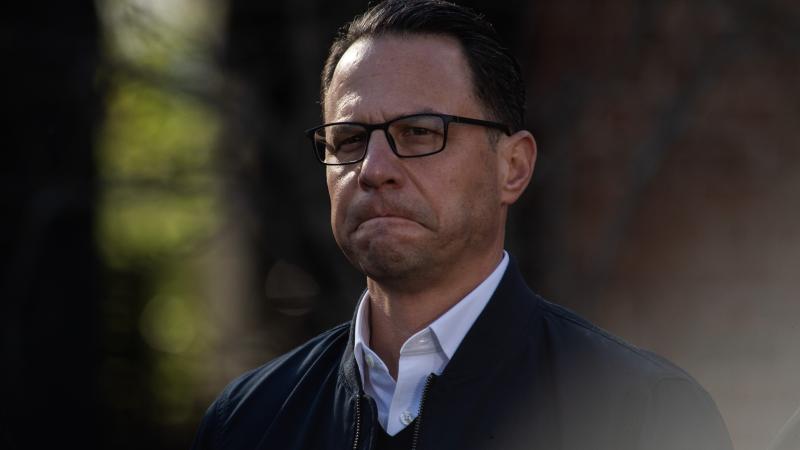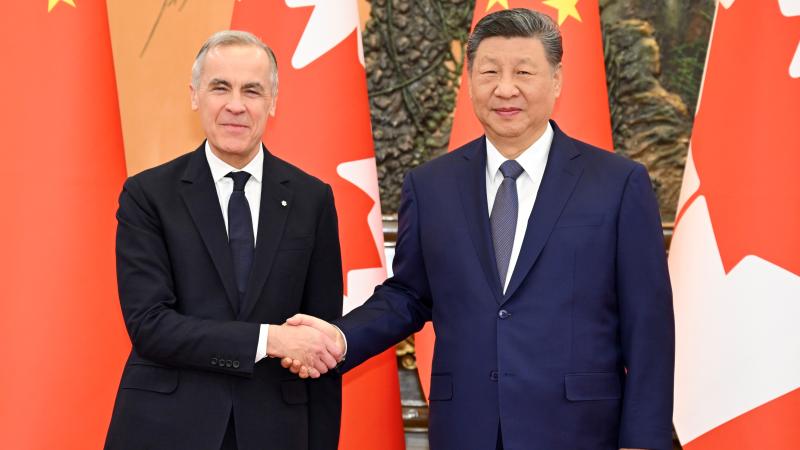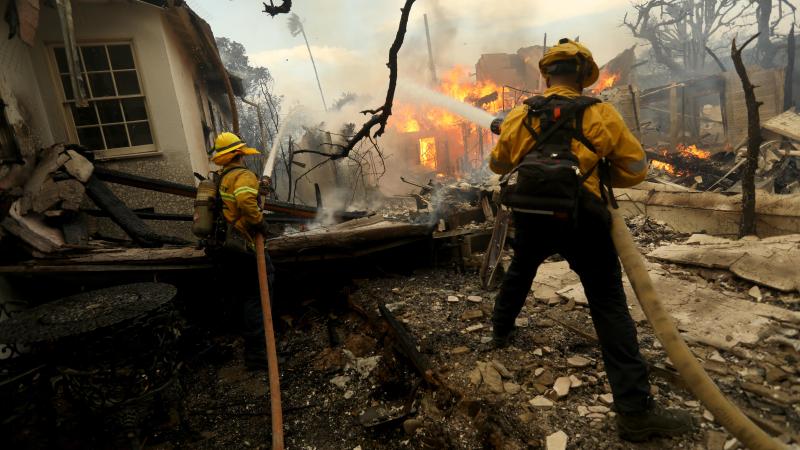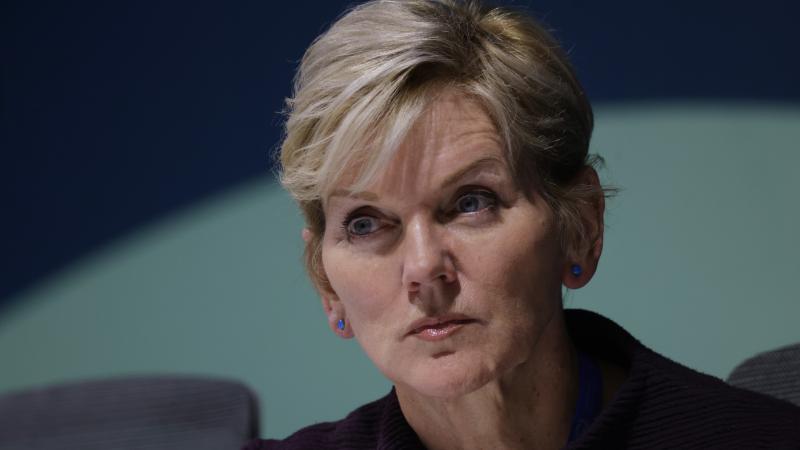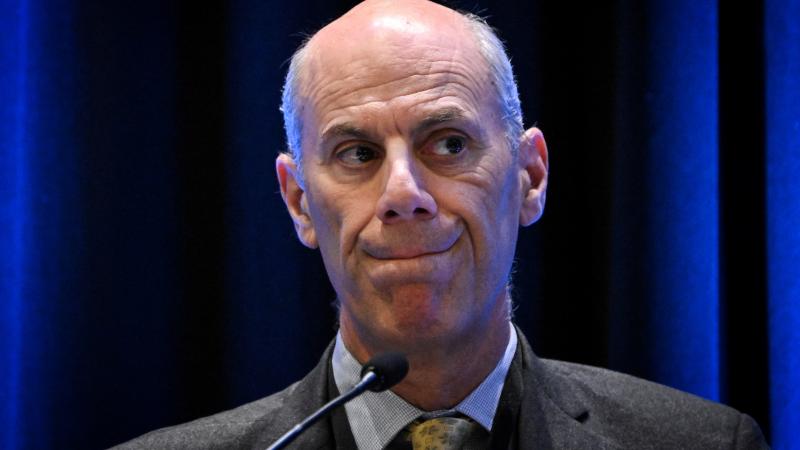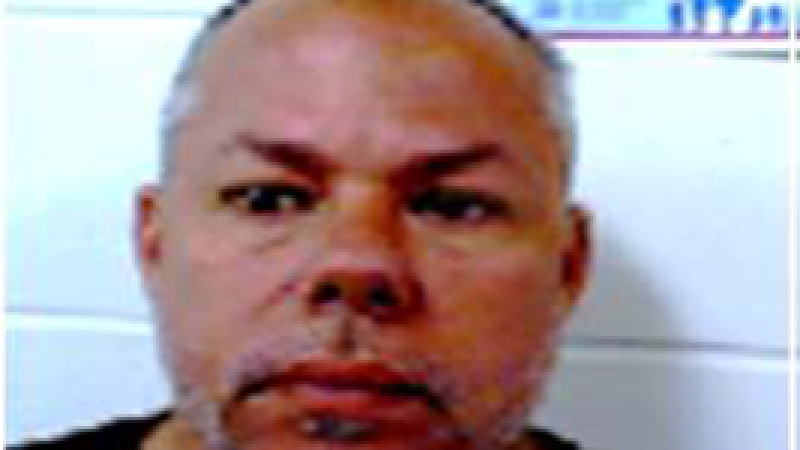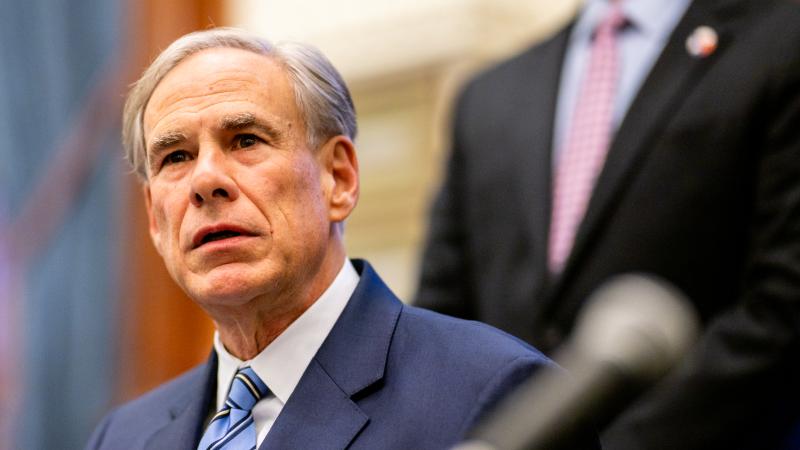Maine passes National Popular Vote compact, despite possible ranked-choice voting issues
The National Popular Vote proposal forces Maine to "let California voters have more say” for who becomes president than “than voters in Maine,” said Trent England.
Maine has passed a measure to elect the U.S. president by national popular vote (NPV), which could cause issues with its ranked-choice voting election system, warns an election integrity advocate.
Ranked-choice voting is used statewide in Maine, where NPV was just passed to elect a president. However, there are logistical issues with implementing both systems simultaneously, according to an election integrity proponent, in addition to the possibility that a president could be elected with a small plurality.
On Wednesday, the Maine state legislature became the latest to pass a proposal to ratify the National Popular Vote Interstate Compact, though the Democratic governor has not said whether she’ll sign the bill into law.
Trent England, executive director of Save Our States, said in a statement on Tuesday after the bill passed the state House, "This is a tragedy for Maine voters. NPV lobbyists admit that their plan would strip Maine of its distinct voice in presidential elections. Instead of splitting its electoral votes to better represent Maine people, NPV puts the state in one massive winner-take-all system.
"Of course, all that is only if NPV works—far more likely is that it breaks down into a constitutional crisis,” he continued. “The plan conflicts with ranked-choice voting, is silent on how national recounts would work, and has no checks and balances to prevent regional or small-plurality winners. NPV is a protest posing as public policy, a dangerous, short-sighted attempt to manipulate the Electoral College."
Sixteen states and Washington, D.C., have become members the National Popular Vote Interstate Compact, with Minnesota most recently joining last year. If the Maine governor signs the NPV bill into law, then the state will become the 17th to join the compact.
Supporters say they don't want to abolish the Electoral College, just change how electors are picked – by the national popular vote, not by whether the Democrat or Republican presidential nominee wins states' popular votes.
“The National Popular Vote Interstate Compact will guarantee the presidency to the candidate who receives the most popular votes across all 50 states and the District of Columbia," says the group, National Popular Vote, which makes clear the compact also “preserves the Electoral College."
The compact is only 65 electoral votes away from taking effect.
According to the compact, the National Popular Vote bill will take effect when enacted into law by states possessing 270 electoral votes — a majority of the total 538 electoral votes. It currently has 205 electoral votes, but will reach 207 if Maine joins.
The 538 votes come from the same number of electors for each presidential election, with each state getting as many electors as it has members in the U.S. House of Representatives and Senate.
Political parties in each state nominate people to be the electors for that state prior to Election Day. In 48 states, electors for the Electoral College are chosen by a “winner-take-all" system, meaning that whichever political candidate receives the most votes statewide gets all of the state’s electors.
The two states that are not “winner-take-all" are Maine and Nebraska. In both states, one elector is elected in each congressional district and the remaining two are elected based on the statewide vote.
England told Just the News on Friday that Maine passing the NPV proposal forces the state “in the extreme opposite direction” of having split electoral votes by saying to “give it all away and let California voters have more say” for who becomes president than “than voters in Maine.”
He also explained the NPV and ranked-choice voting (RCV), which Maine uses in elections statewide, are incompatible.
RCV is an election process being introduced in states across the country, but is facing pushback from both sides of the political aisle, including efforts to ban it. With RCV, if no candidate receives more than 50% of the vote, then a runoff system is triggered. When voters cast their ballots, they rank each candidate in order of first-to-last.
If one candidate doesn't reach the 50% plus-one vote threshold, then the candidate with the least amount of first-choice votes is eliminated, then second-choice votes from those who voted for the last-place finisher are reallocated among the remaining candidates and tallied – in a process that continues until a candidate receives the majority of the vote.
Proponents of RCV argue that the system results in representative outcomes and majority rule, incentivizes positive campaigning, allows for more voter choice, and saves money when replacing preliminaries or runoffs, according to pro-RCV organization FairVote.
Alaska and Maine are the only two states to have RCV at the state level.
England said that NPV and RCV are incompatible because there are multiple rounds of tabulation in RCV elections. After all the rounds are completed, some candidates would be eliminated and votes would be shifted from an eliminated candidate to another candidate.
“If they add RCV results together from a different state, they can be zeroing out hundreds of thousands of votes for major party candidates,” which would “flip the outcome of the election,” England said.
National Popular Vote Chairman Dr. John Koza told Just the News on Friday that NPV and RCV are compatible.
“National Popular Vote works fine with RCV,” Koza said. “The RCV law in Maine specifically says that the final-round RCV count are the numbers to be used, and the Alaska Supreme Court has made a ruling saying the same thing. The pending RCV law on the Oregon ballot in Nov 2024 has an identical provision, as does the DC petition (which may, or may not, get onto the Nov 2024 ballot)."
Another issue with NPV is that there is a greater incentive for more candidates to jump in the race “because they need less of the total vote to win,” England said.
“People could become president with 20-35% support from a narrow geography, and they wouldn't have legitimacy in the rest of the country,” he added.
Koza responded to this concern, saying, “National Popular Vote is identical to the current system in that there is no requirement to get 51% of the popular vote in order to be elected. Unlike the current system of electing the President, the first-place candidate wins.”
